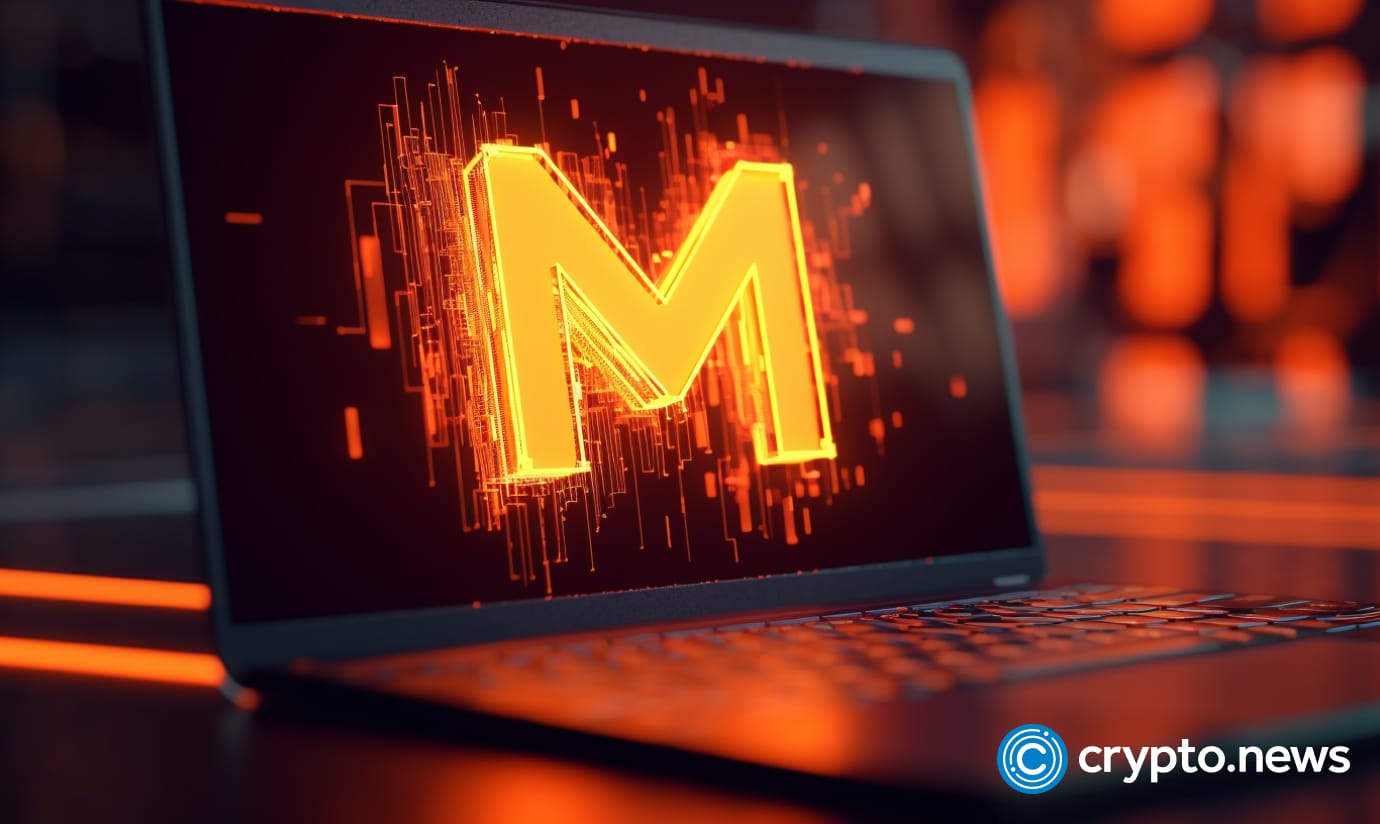2020-5-5 00:00 |
The mining of cryptocurrencies is often considered to be a wasteful effort. That being said, there is an option to maintain Proof-of-Work by utilizing NFC chips found in modern passports.
Securing a blockchain often requires some sort of “work” to be done.
Proof-of-Work With NFC Chips?In the Bitcoin world, that is done through Proof-of-Work.
Unfortunately, in Bitcoin’s case, it requires expensive hardware and uses a ton of electricity.
Finding alternative solutions for the future will undoubtedly become of bigger interest.
Jan Moritz has come up with an interesting concept, although it may not necessarily be applicable to cryptocurrencies right away.
Even so, Proof-of-Work can be sustained through the NFC chip found in modern passports.
In Moritz’s opinion, biometric passports can suit this particular purpose fairly well.
More specifically, the NFC chip in this passport already takes care of “active authentication” to ensure it has not been cloned.
Under the hood, a challenge is sent to the chip, and a private key in the chip signs the challenge to return the signature.
Moritz feels that this process is similar to hashing algorithms in terms of creating a unique output for any input.
In terms of signing blocks, these NFC chips may certainly have an interesting future ahead of them.
Image(s): Shutterstock.com
The post Can NFC Chips Help Secure Proof-of-Work Systems? appeared first on NullTX.
origin »CHIPS (CHIPS) на Currencies.ru
|
|




